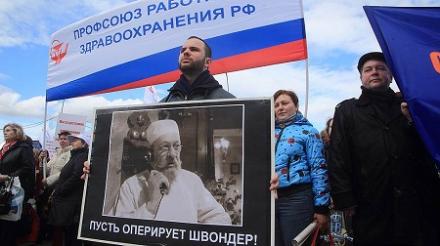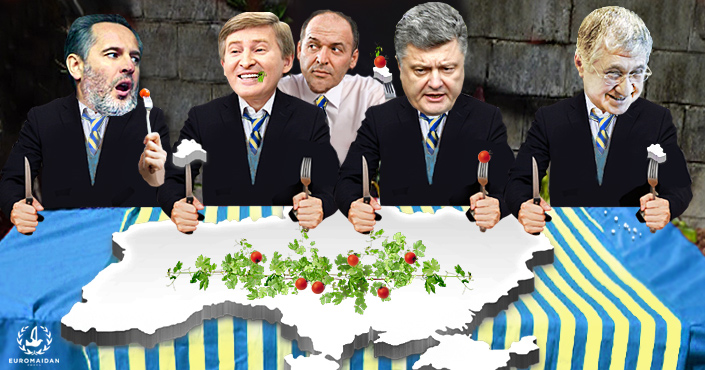Judging by pictures on TV, there is no more important news in Russia than news about the situation in Ukraine and NATO's intrigues. In reality, the most important news is taking place in Russia itself instead and are about growing labor protests caused by the domestic economic turmoil: spontaneous strikes by miners, metal workers, and municipal and state workers. The labor protests inexorably ignite social protests. The popular discontent is growing.UK’s top diplomat discusses Ukraine: reforms, NATO, EU, war, and Russia
European Pravda ( unit of Ukrainska Pravda -- Ed.) spoke with Sir Simon Fraser, who holds hold the…




